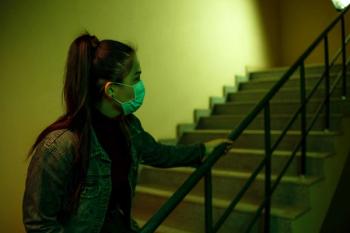
What are the differences between disorders like OCD and pandemic anxiety?

What are the differences between disorders like OCD and pandemic anxiety?

Over the last 9 months, we have seen heroism, innovation, and precise science, performed under unbelievable pressure. The result is no short of miraculous.
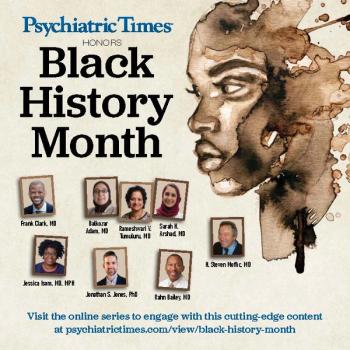
During the month of February, we will publish important stories commemorating Black History Month.

25 years have gone and past, but is reconnecting with a distant loved one still possible?

Imagine working with a young patient showing signs of psychosis for the past 6 weeks. Your initial assessment appears to rule out medical- or substance-induced etiologies, yet symptoms persist. What's a psychiatrist to do?

When concern for a patient is not so severe that a clinician feels compelled to call the police, there are options.

As a discipline, emergency psychiatry has widened its role, especially following the enormous mental health fallout from the pandemic and the shift of police and first-responder interventions.

Although clinicians and patients may wish otherwise, the comorbidity of ADHD and bipolar disorder needs to be considered.

Selfhood: a complex and continuously evolving identity that is anchored in the patient's history and dependent on language and memory. But there is so much more.

When meeting patients online, mental-health practitioners must confront a host of issues.

Does the typical malpractice insurance policy cover COVID-related claims? That question and more answered.

The cultural gap between clinicians and students from mainland China is a barrier inhibiting productive sessions.

The American Heart Association released a statement recognizing the importance of the relationship between mental well-being and cardiovascular disease.

Remaining in the current moment is a good way to avoid toxic negative thoughts.

With opioid use disorder, a tiny fraction of young patients are getting treatment, which would not be acceptable for any other medical condition.

Schizophrenia is associated with cognitive impairment, and treatment of cognitive dysfunction in these patients represents an area of unmet need. What is the role of exercise?

Nearly half of the prescriptions for benzodiazepine among older adults are potentially inappropriate, so how best to do no harm?

Patients and care providers often call themselves lazy. But what are the clinical consequences and cultural meanings of this term?

Although existential and religious issues may be distinguished in clinical care, the human condition’s complexity and the Dark Night of the Soul cannot.

One doctor gives his recommendations for attending to children’s happiness.

Fire setting is the current preferred term in the literature to describe acts of deliberately started fires regardless of their legal or diagnostic status.
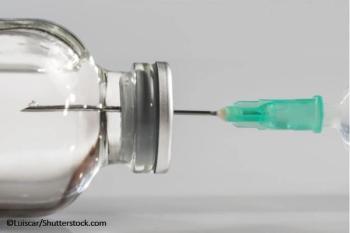
Although botulinum toxin does not have regulatory approval for the treatment of depression in the United States, some reports indicate neurotoxin treatment may mitigate symptoms.

Support in the tender younger years may lead to fewer mental health issues in the future, according to research.

Non-white veteran women of color may be at greater risk of developing heart disease, according to research.
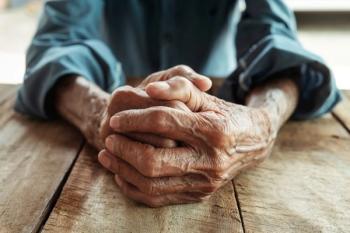
Research zeroes in on how frailty impacts depression treatment in elderly patients.

Is the purported “saddest day of the year” evidence-based?
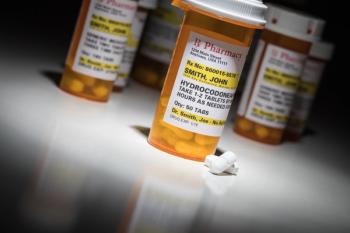
The Department of Health and Human Services moves to reduce administrative procedural barriers to OUD treatment.

Researchers have discovered a gene signaling pathway associated with a higher risk for developing schizophrenia.

Unemployment is associated with an array of social and psychological complexities, directly affecting patients' self-esteem and perceptions of self-worth. When a patient loses their job, the psychiatrist has 4 tasks.

Be on the lookout for these novel psychoactive substances.